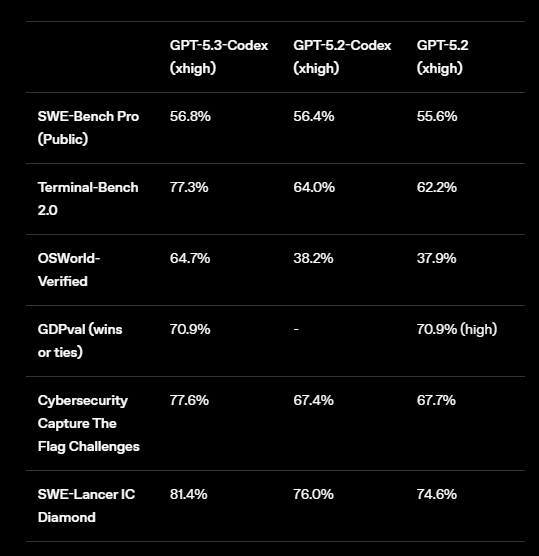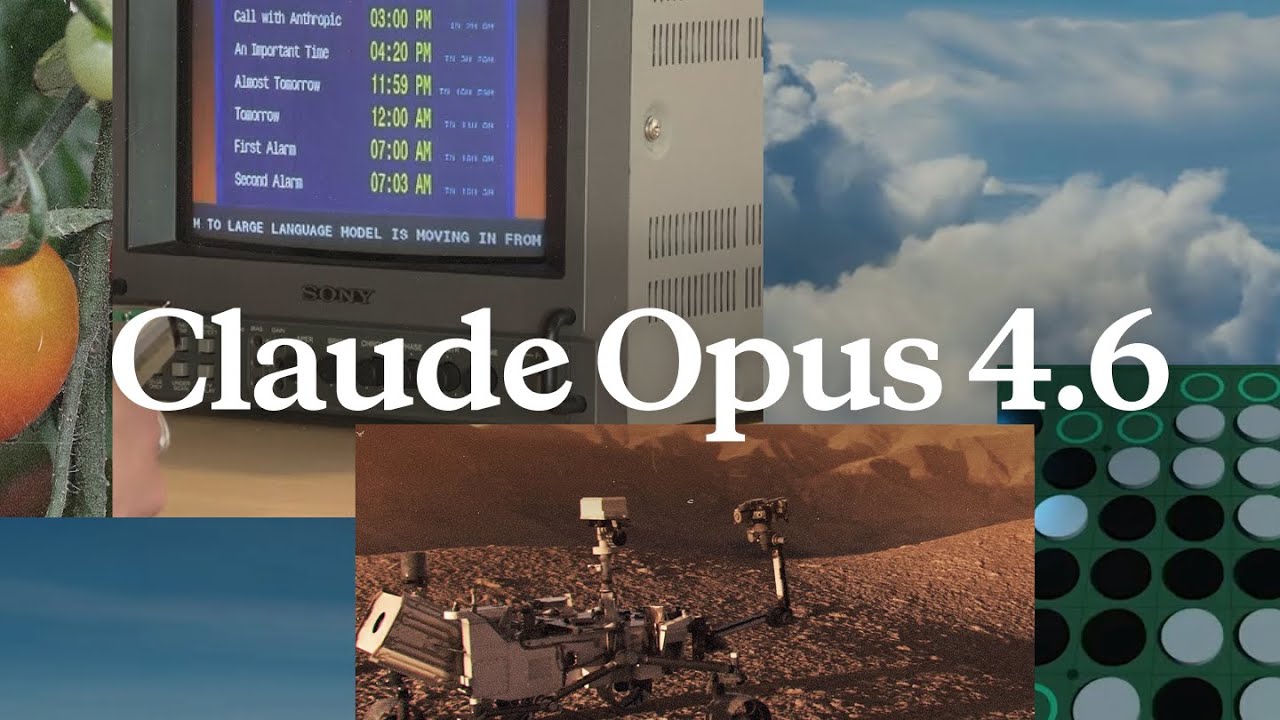"Every company is an API company now, whether they want to be or not," says OpenAI CEO Sam Altman, repeating a phrase that's stuck with him recently. Altman made the comment while discussing how generative AI could reshape traditional software business models.
AI agents will soon write their own code to access services even without an official API, Altman believes. If that happens, companies won't have a say in joining this new "platform shift." They'll simply be integrated, and the traditional user interface will lose value.
Some SaaS companies will remain highly valuable by leveraging AI for themselves, according to Altman. Others are just a "thinner layer" and won't survive the shift. Established players with strong core systems who use AI strategically are best positioned, he says.
Recent advances in AI agents and tools like Cowork have already driven down valuations for some software companies. The thinking: AI will handle more tasks directly, making niche solutions unnecessary.


